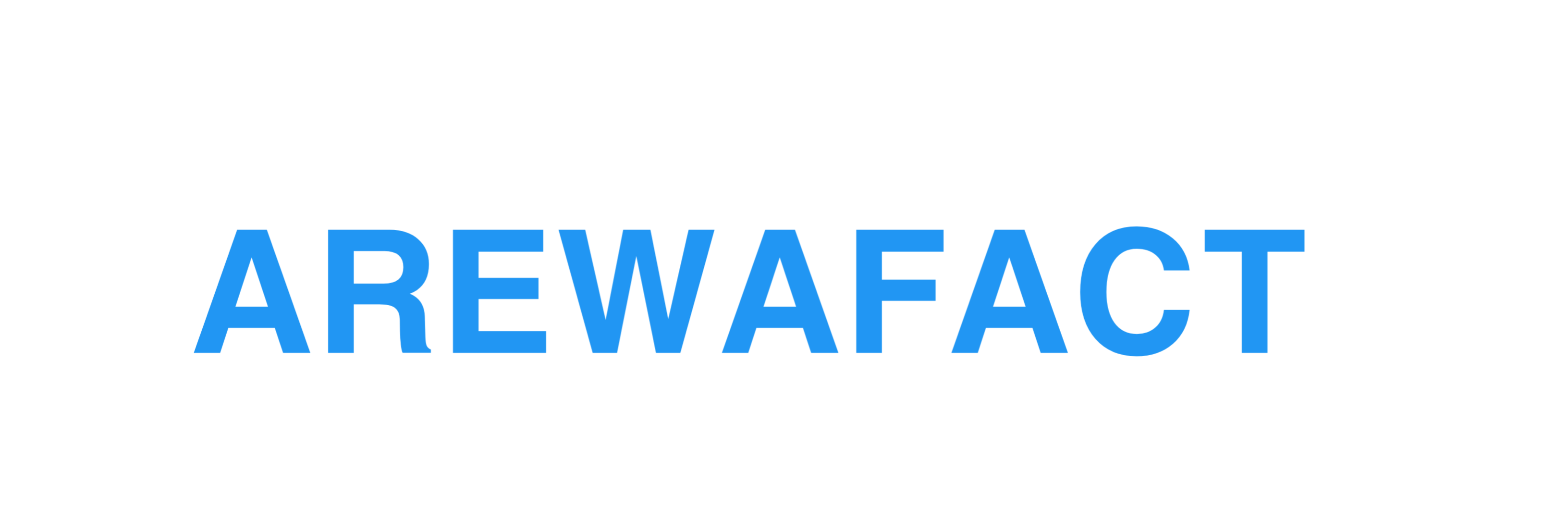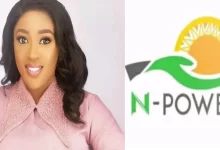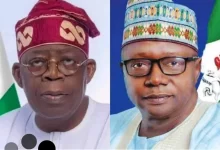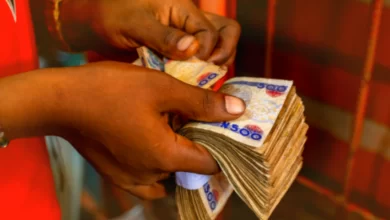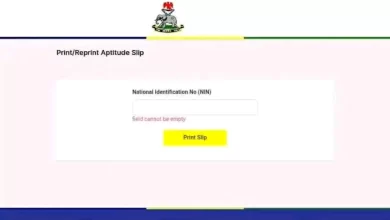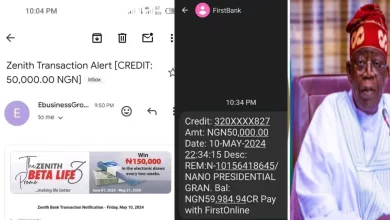SEforALL Signs Grant Agreement for Solar Energy Deployment in Nigeria
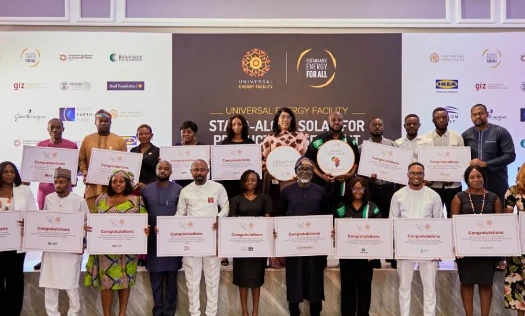
SEforALL Signs Grant Agreement for Solar Energy Deployment in Nigeria
Renewable Energy for All (SEforALL) is pleased to announce the signing of grant agreements with 19 clean energy developers to deploy solar energy solutions in Nigeria. This effort is part of SEforALL’s stand-alone solar for productive use (SSPU) program, which is supported by the Universal Energy Facility (UEF), a results-based financing (RBF) multi-donor fund.
The project’s goal is to deploy high-capacity solar and battery storage systems to Nigerian enterprises and institutions, with complete installation and operation planned by the end of 2024. Joseph Nganga, interim CEO of the Global Energy Alliance for People and Planet (GEAPP), stressed the project’s role in promoting a sustainable future by enabling clean energy providers.
He emphasized the importance of grant agreements in allowing developers to implement their innovative solutions and expressed delight in the beneficial impact these projects will have on many people’s lives.
Abba Aliyu, the CEO of the Rural Electrification Agency (REA), praised the program’s ability to reduce carbon emissions, provide basic services, create economic possibilities, and promote general well-being. He attributed policies and capacity-building measures implemented over the last decade to creating an enabling climate for private sector growth in the energy industry.
Shubham Chaudhuri, Country Director for the World Bank in Nigeria, emphasized the complementary nature of the UEF project and the Distributed Access through Renewable Energy Scale-up (DARES) project, which the World Bank will launch in December 2023.
He stressed the importance of innovative financing options, such as those offered by the Universal Energy Facility, in increasing productive usage and clean energy access, particularly among Micro, Small, and Medium Enterprises (MSMEs).
The UEF’s SSPU initiative is being expanded following its initial launch in February 2023, when 10 developers were awarded funding to implement SSPU units in underserved or unserved communities. Since then, more than 1,600 systems have been implemented, helping over 1,200 enterprises and institutions in Nigeria, including health and educational establishments.
The UEF’s impact extends beyond Nigeria to nations such as Benin, the Democratic Republic of Congo, Madagascar, and Sierra Leone, where thousands of Africans are said to benefit from the facility’s programs.
